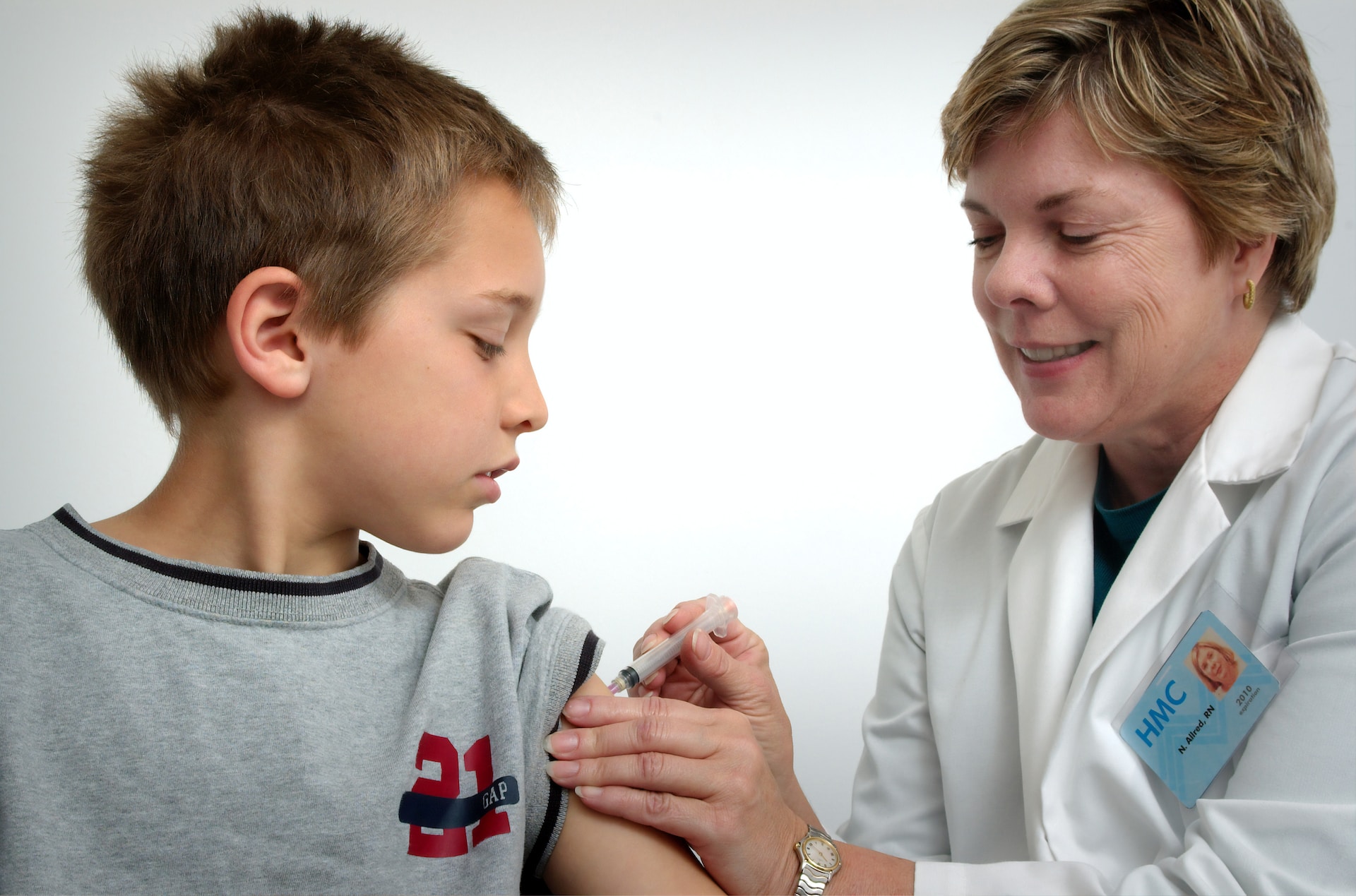In recent years, there has been an ongoing debate surrounding childhood vaccinations. While it’s natural for parents and top mom influencers to have concerns, it’s important to make informed decisions based on scientific evidence and expert recommendations. Vaccinations have proven to be one of the most effective ways to protect children from dangerous diseases. Below are several key factors that parents should consider when getting their child vaccinated.
Consult with Your Pediatrician
One of the first steps in making an informed decision about vaccinations is to consult with your child’s pediatrician. Your pediatrician has the expertise and knowledge to address any concerns or questions you may have. They can provide valuable information about the benefits and risks associated with each vaccine, as well as help create a personalized vaccination schedule for your child.
Understand the Importance of Herd Immunity
Herd immunity refers to a situation where a large portion of the population becomes immune to a particular disease, thereby providing indirect protection to those who are not immunized. This is particularly crucial for children who are too young to receive certain vaccines or have compromised immune systems. By vaccinating your child, you contribute to the overall health and well-being of the community.
Weigh the Risks and Benefits
Every medical intervention comes with potential risks, including vaccines. However, it’s crucial to understand that vaccines undergo rigorous testing and monitoring before they are approved for use. The risks associated with vaccines are generally low compared to the risks of contracting and suffering from vaccine-preventable diseases. It is advisable to weigh these risks against the potential benefits of protecting your child from serious illnesses.

Recognize the Legal Requirements
In many countries, including the United States, there are legal requirements regarding childhood vaccinations for school entry. Familiarize yourself with these requirements to ensure your child’s education is not disrupted. Compliance with these regulations also helps protect the wider community by minimizing outbreaks of vaccine-preventable diseases.
Consider the Long-Term Consequences
Vaccines not only protect children from immediate threats but also have long-term benefits. By choosing to vaccinate your child, you’re helping to eradicate certain diseases, which leads to a healthier future for generations to come. It’s essential to think beyond the immediate impact on your child and consider the broader implications of vaccination.
Stay Informed About Vaccine Safety
Misinformation surrounding vaccine safety can be misleading and cause unnecessary concern for parents. It is crucial to rely on reputable sources for accurate and up-to-date information, such as the Centers for Disease Control and Prevention (CDC) and the World Health Organization (WHO). These organizations provide evidence-based facts about vaccine safety and address common misconceptions.
Conclusion
When it comes to getting your child vaccinated, it is crucial to make informed choices based on scientific evidence, expert advice, and reputable sources. Vaccines have been proven to be safe and effective in preventing numerous diseases. By consulting with your pediatrician, understanding the importance of herd immunity, weighing risks and benefits, staying informed about vaccine safety, considering long-term consequences, and complying with legal requirements, you can ensure the health and well-being of your child and your community. Remember, vaccination is a responsible and proactive choice that offers protection and peace of mind.

